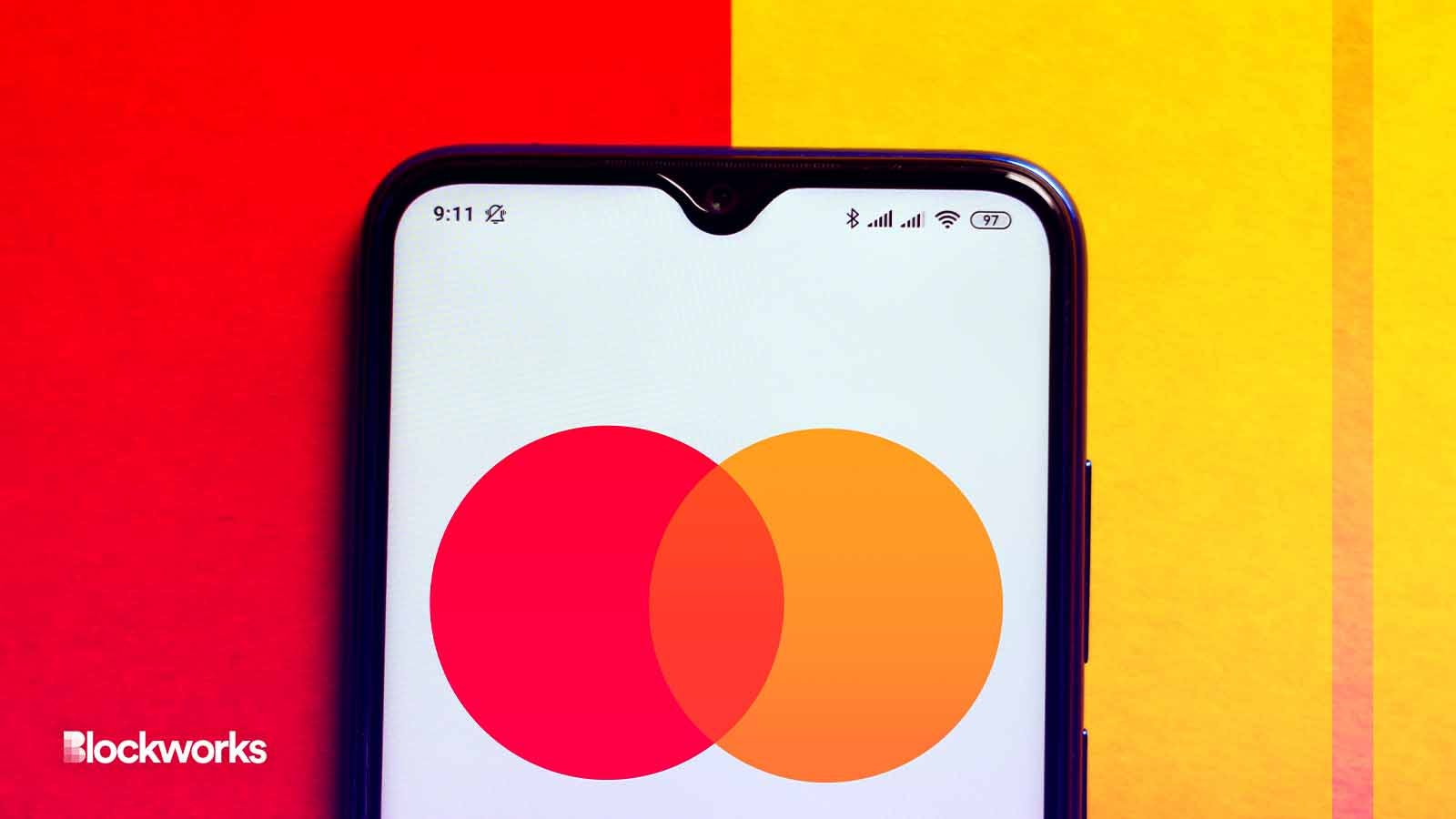Mastercard ‘committed’ to making CBDCs as easy to use as money
Mastercard is focused on “delivering choice” in how people pay with its new CBDC program

rafapress/Shutterstock modified by Blockworks
Mastercard is looking to support central banks with its central bank digital currency (CBDC) program and believes that the “continued global interest” made this summer the right time to launch its program.
“Our goal is to drive and support interoperability across the different ways of making payments, as it is essential to a flourishing economy,” Raj Dhamodharan, head of digital assets and blockchain at Mastercard, told Blockworks. The program initially launched in August.
Partners include Ripple, Consensys, Fluency and Fireblocks.
Mastercard’s push comes after a Bank of International Settlements (BIS) survey found that roughly 93% of banks were exploring a potential CBDC, with 60% of banks saying that stablecoins have accelerated work on CBDCs.
“We’re committed to exploring how we can make CBDCs as easy to use as other forms of money. We’re doing that today with several solutions to unlock greater potential in this space. We hope this program will help central banks understand even more how to develop a CBDC that adds something new and valuable to the global economy,” Dhamodharan said.
When it comes to open or public permissionless versus closed or permissioned CBDCs, Mastercard isn’t going to push for one or another. Instead, they want to support the needs of the central banks.
“Mastercard is focused on delivering choice in how people want to pay – we continue to do that to help advance the technology and drive value,” Dhamodharan said.
The aim, he continued, is that Mastercard wants to “ensure that those interested in interacting in these spaces can do so with stability, regulatory compliance, and consumer protections at the core” as the world “continues to shift to digital.”
The BIS previously released guidelines for “secure and resilient” CBDC programs to protect frameworks.
“Given our relationships with central banks around the world, our hope is to better connect them with these players and unlock ways to work with other commonly used payment mechanisms in a safe, seamless and useful way,” Dhamodharan said.
The company has worked with the Bank of England and the BIS Innovation Hub as well as the Reserve Bank of Australia and the Hong Kong Monetary Authority.
But Mastercard isn’t the only company to dig into CBDCs. Visa is also looking at how it can “bring things on-chain.”
Visa’s head of CBDCs told Blockworks earlier this year that the payments company was “learning by doing” and then sharing that information with central banks.
Get the news in your inbox. Explore Blockworks newsletters:
- The Breakdown: Decoding crypto and the markets. Daily.
- 0xResearch: Alpha in your inbox. Think like an analyst.






